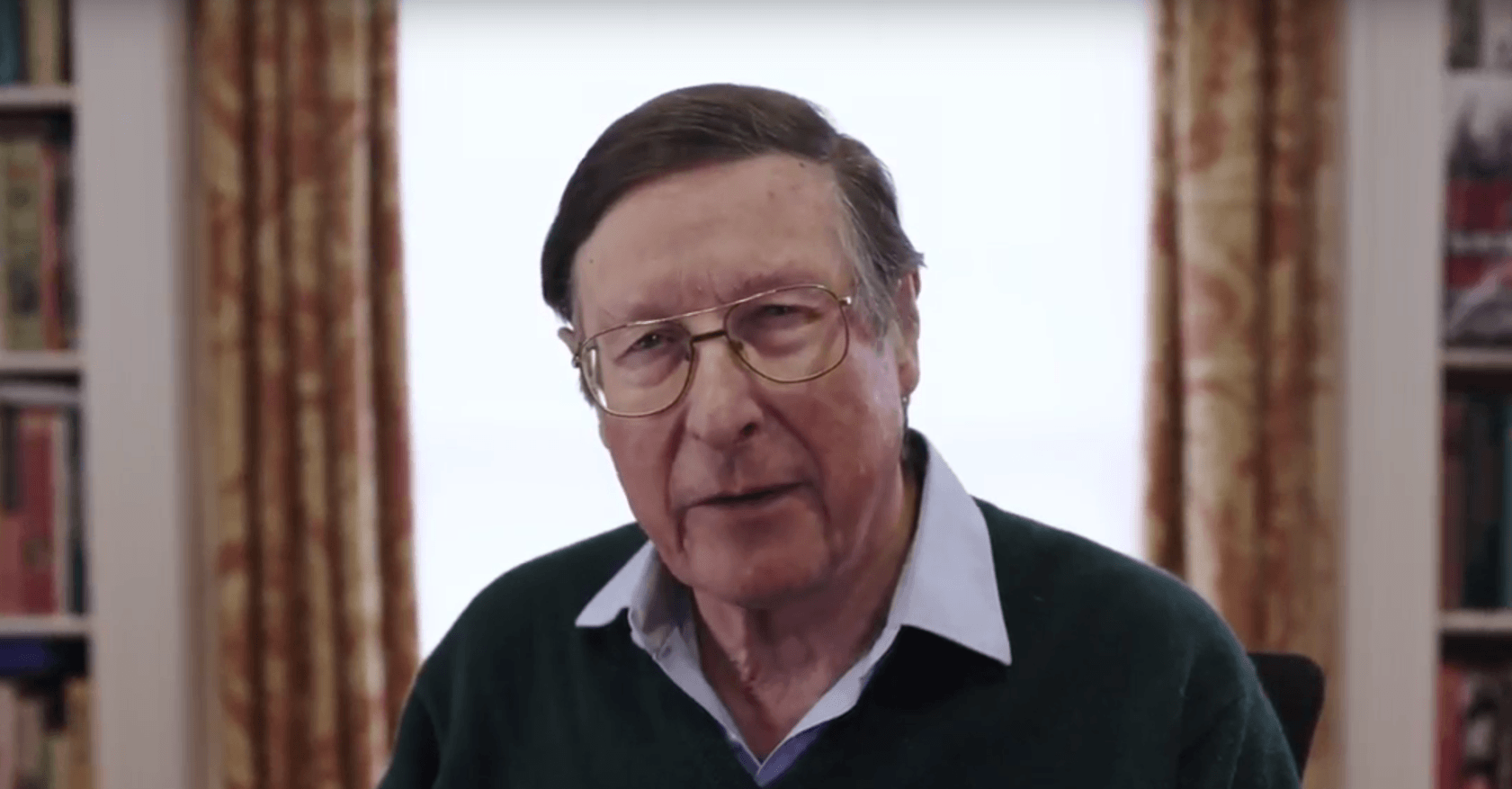Nostalgia, vividly expressed in the cause-we-shall-not-mention-here, has become fashionable among Britain’s double-breasted classes. Yet my hackles rise each time I hear Winston Churchill’s name brandished aloft, almost always spuriously. Earning my living from the exploration of history dispels any hankering to inhabit the past, in war or peace, good times or bad.
Some of our family’s men, in old age, used to talk nonsense about what wartime fun they had, but the women never did. Separations; squalor; ghastly food; the gloom of six years’ blackouts interspersed with stabs of terror were the lot of tens of millions, even those fortunate enough to be spared from battlefields or enemy occupation.
A powerful observation, valid not merely about 1939-45 but for all conflicts, was made by a Norwegian resistance hero named Knut Lier-Hansen, who wrote in 1948: “Though wars bring adventures that stir the heart, the true nature of war is composed of innumerable personal tragedies, of grief, waste and sacrifice, wholly evil and not redeemed by glory.” Perish the delusion that we could have more fun flying Spitfires.
As for peaceful times, some enthusiasts for Poldark, Jane Austen, Miss Marple and Call the Midwife fantasise that it might be jollier to live in one of those eras than in Maytime. Yet the rural world of Jane Austen and her characters was stultifyingly dreary, formal, confining.
A stark passage in Claire Tomalin’s biography of the novelist describes how genteel women were obliged to wash the rags they used as tampons, to shield such sordid objects from the notice of servants. Among humbler 19th-century rural folk, the incest that bred “village idiots” was endemic, along with chronic diseases and grinding poverty. As for probity, consider a passage in George Eliot’s Silas Marner. All the old miser’s neighbours, she wrote, knew about his hidden hoard of gold, and more than a few yearned to steal it. If they did so, however, they would have no way to spend the money without leaving the village, “an idea as remote to them as a balloon journey”. In other words, it was not thievery that bothered those peasants but merely the difficulty of getting away with it.
In more recent times, despite rising incomes the Fifties were pretty wretched. A sense of anticlimax, of having won the war but lost the Empire, suffused the country. With hindsight, it seems less extraordinary that Anthony Eden invaded Egypt in 1956 than that so many Tories applauded, enthusing about the salutary effects of “teaching the gyppos a lesson”. Never trust any politician who promises to “put the Great back into Britain” by duffing up some foreigners.
More mundanely in the Fifties, even when cars did not break down they caused juvenile passengers to vomit with monotonous frequency. Making a telephone call between London and Newcastle was an adventure almost as grim as travelling between the two by British Rail.
It is kinder to preserve silence about the food of those times. Getting money outside banking hours was an obstacle course, and even most middle-class homes lacked a sufficiency of heating and hot water. Sex remained on ration long after sweets were exempted, because most unmarried women were terrified of pregnancy.
Hanging and flogging were still deemed acceptable penal measures, the latter also commonplace in schools. The Tory right warmly endorsed the virtues of white minority rule in Africa.
About now, a Miss Marple devotee will interrupt my catalogue of yesteryear’s shortcomings: “Ah, but people had togetherness. They felt they belonged somewhere.” There was certainly a sense of hierarchy, of deference to supposed betters. Everybody “knew their place”. Tribal cohesion was a real feature of the Second World War. After half a century of social and political strife, Britain briefly achieved under Winston Churchill a sense of shared purpose it has never matched since.
But those who wallow in such fanciful movies as Dunkirk and Darkest Hour should remember Knut Lier-Hansen’s words. Wartime unity was purchased at the cost of unspeakable global turmoil, suffering and grief. As for the toppling of the social hierarchy, it seems hard to lament the fact that we are no longer required to touch forelocks to alumni of the Bullingdon Club.
Whatever is wrong with British life and for that matter politics today, we are in an incomparably better place than in 1940 or indeed 1945. I have written an entire book endorsing Churchill’s claim to be viewed as the greatest Englishman, but the last thing we need now in Downing Street is a Churchillian wannabe.
We are not at war; instead, we are privileged to live amid a comfort and prosperity unimaginable a few generations ago, with ever less pain and violence: medical science has dispelled many of the agonies that were the lot of our forebears, especially women. Despite the horrors taking place in Syria, Yemen and parts of Africa, globally fewer people than ever before perish by disease or the sword.
Although it is a human instinct to harbour unease about perils and uncertainties ahead, the British people should recognise the present as a vast improvement upon their past. Moreover, since the future is what we shall get, like it or not, it seems sensible to embrace it rather than hanker for bygone days. Britain is today a much less important nation than a century ago, but few of its inhabitants have good reason to wish to turn back the clock.
Originally published in The Times, 19th July 2018.


